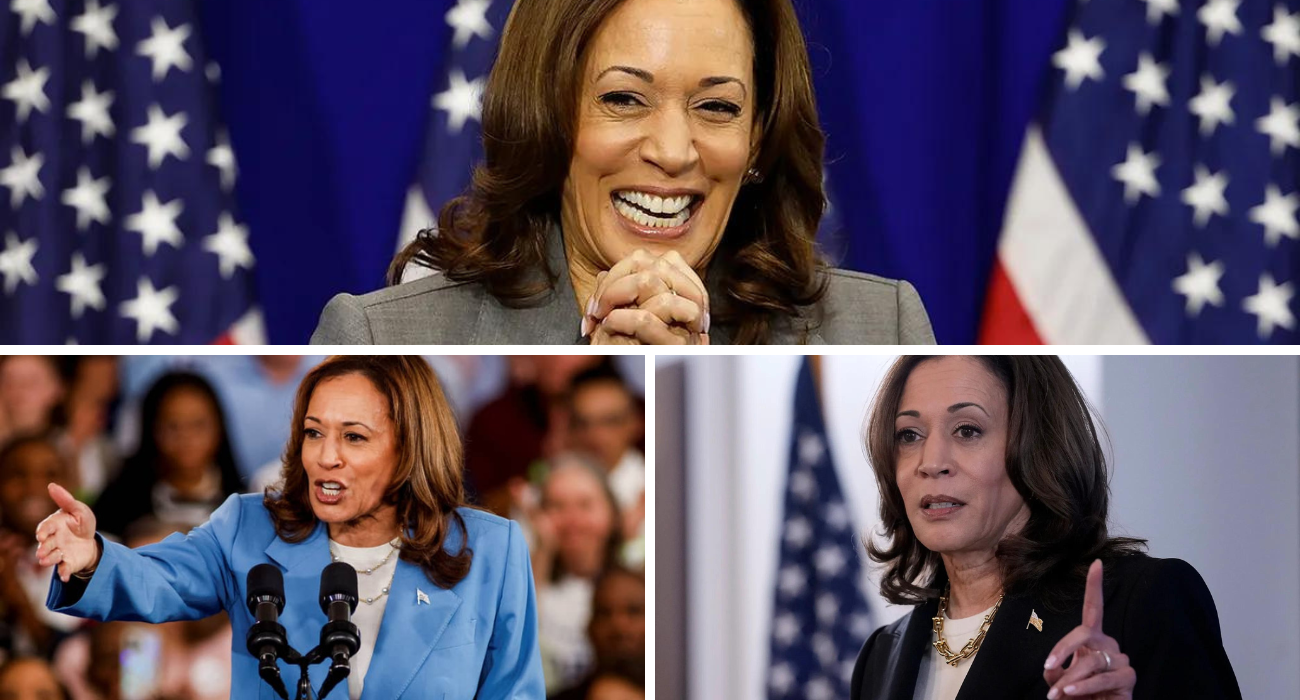President Joe Biden signed $1.7 trillion omnibus spending bill to keep the federal govt operating . The insights to the bill and key components, including government price controls and many more are as follows:
Overview of the Omnibus Spending Bill:
Congressional negotiators recently unveiled the text of an omnibus package that sets line-by-line funding for every federal office across the government. This comprehensive bill aims to provide full-year appropriations and avoid a government shutdown. The total discretionary funding in the bill amounts to $1.7 trillion. Here’s how it breaks down:
Defense Spending: $858 billion (a 10% increase from the previous year, surpassing President Biden’s initial request).
Domestic Agencies: $772.5 billion (including funding for various priorities and policy initiatives).
Funding Priorities and Impact:
Domestic Agencies: The bill allocates $772.5 billion to domestic priorities, representing a $68 billion increase from the previous year. It includes appropriations for previously agreed-upon legislation, such as the Honoring Our PACT Act (which increased benefits for veterans) and the CHIPS and Science Act (which boosted investments in key technologies).
Additionally, the bill provides $41 billion for disaster relief.
Defense Spending: Defense funding will reach $858 billion, matching the level set out in a defense policy bill passed by Congress earlier. This increase reflects a 10% boost, exceeding President Biden’s original request.
Government Price Controls:
While the bill does not explicitly mention government price controls, it does impact various sectors and programs. For instance, The bill includes funding for healthcare, infrastructure, and technology, which can indirectly influence pricing and regulations.
Specific provisions related to prescription drug savings and healthcare policies may have implications for pricing and access.
Next Steps:
The Senate is expected to vote on the omnibus bill, with expedited passage likely. Ultimately, it should reach President Biden’s desk before the Friday night deadline.
In summary, this omnibus spending bill represents a significant investment in both defense and domestic priorities. While it doesn’t directly impose government price controls, its impact on various sectors will shape policies and funding decisions.
